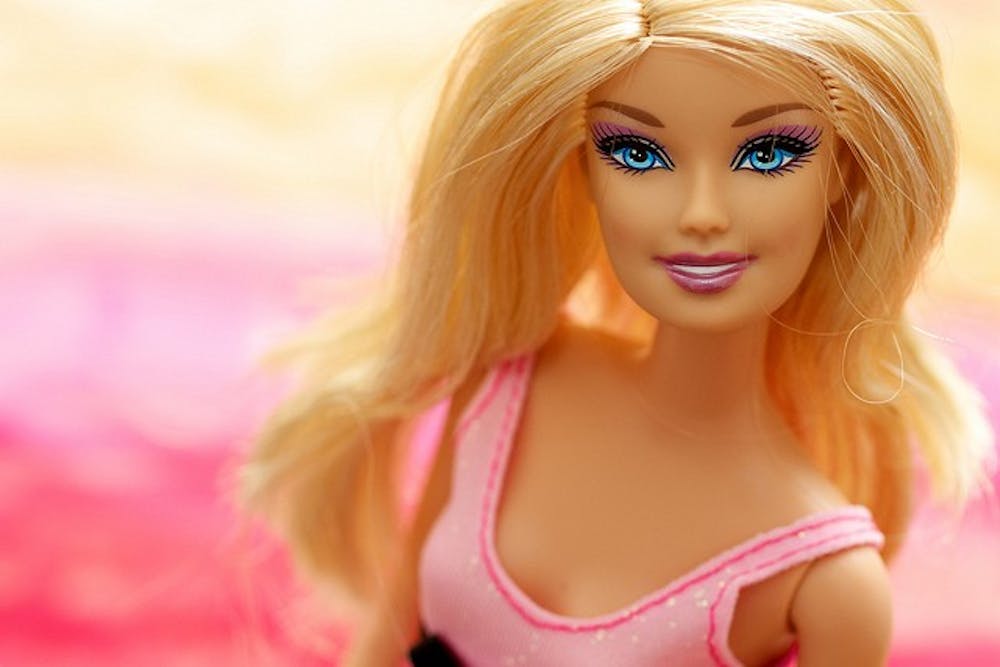
In introducing my column for this upcoming semester, I want to transition between the positive relationships I wrote about last semester to focusing on more politically-charged experiences. I would like to provide a content warning to anyone who cannot read about sexuality and sexual violence.
Furthermore, I recognize the sad statistics that minority groups, such as the LGBTQ community and disabled individuals, are much more statistically susceptible to assault. But I feel that in the pursuit of any kind of social justice, progress for one is progress for all. It’s why minority groups form alliances in the face of adversity. The following articles will focus primarily on the inherent risks of being female.
Finally I would like to add that I care about women’s rights — not because I am female — but because they are human rights, the same way I care about civil rights and LGBTQ rights.
I care about empathy and justice, and justice is not about getting what you want but about getting what is fair. A concept sometimes all too sadly foreign. I also protest apathy, and so, in the pursuit of vulnerability, I plan to share some of my own difficulties over the course of this semester.
Let me begin with a question. What do you think of when you hear the word “girl”? Pink. Soft. Pretty. Shy. Princess. Unsporty. Makeup.
Being a girl can be easy — the girl that boys buy a drink for, the girl that boys write poems about, the girl that boys help with their homework, the girl that boys sing songs about, the girl that boys seek out on a bus. Girls live longer. Girls wear makeup. Girls can more easily cry in public. Girls don’t have to change flat tires.
But girls are viewed as “weaker.” We are made to be smaller, milder. Our childhood bedrooms are typically filled with pastel colors, and many of us play with Barbies and watch pony shows on TV about friendship.
Meanwhile our brothers — just as capable or incapable as us — are being inspired to be strong and powerful with Hot Wheels and GI Joes, being built up by primary colored paint.
Girls are taught to cross our legs, to take up the least amount of space possible. When I see a man cross his legs like a lady, I am both proud of his liberalism and curious of what that means about the size of his penis (an excuse males seem to utilize on the daily for why they can’t cross their legs like a woman).
We girls are made to feel like liabilities. Social psychology studies have shown that females are more agreeable in public goods dilemmas, and statistics from the Department of Justice show that females aged 16-19 are “four times more likely than the general population to be victims of rape.” We are a universal scapegoat and have been for a long time. Ingrained prejudice against women, a clear definition of misogyny, is not just a contemporary circumstance.
Who is Kathrine Switzer? She was the first woman to run a marathon, in 1967, who faced ridiculous resistance (she registered under an alias and was chased down by the race official until her boyfriend tackled them to the ground so she could finish the race).
Who was Susan Ahn Cuddy? She was the first ever female gunnery officer, of any ethnicity, in the U.S. Navy — from 1942 to 1946. She earned the rank of lieutenant. We never learn about these women in history courses, though.
Yet in middle school, already we are learning about history's “greatest” men. Men who are quoted saying that “Nature intended women to be our slaves. They are our property” (Napoleon) and “One hundred women are not worth a single testicle” (Confucius) and “A proper wife should be as obedient as a slave” (Aristotle).
Each man here, so famous, I didn’t need to include second names for you to recognize who they are. Today people even honor the politician who said that “If rape is inevitable, just relax and enjoy it” (Clayton Williams).
So being a girl here is difficult — the girl that is vulnerable and small, clay that just won’t mold. Being a girl living in a liberal world, I have been the girl that’s underestimated, I have been the girl that’s vulnerable and I will always be the girl that’s a survivor.
I was the person who was 10 pounds underweight with amenorrhea and liver issues, and somebody that used to call me fat told me that I’m bony. Girls bodies are commodities; I made myself into a toy or a trophy.
I am the person who, in jiu jitsu, has been told that rolling with me is “like taking a break.” I am the person who shocked a peer by getting into Hopkins. Why? Because I am a little blonde girl. My peer was also female.
I am the person whose drink someone spiked and felt the panic when the solo cup started to fade under my numb fingers. I am the person who’s been told to be strong after an assault because “it’s been over a month” and because I am “not the only one with problems.”
For empathy, it’s important to remember that no one should need a diagnosis to be heard or respected.
Wait until you wake up with five bruises and get through that time without more than a few emotional scrapes, and then you can tell me how being a girl makes me weak. Wait until you get through all that, and then you can tell me how easy it always is, being a girl.





